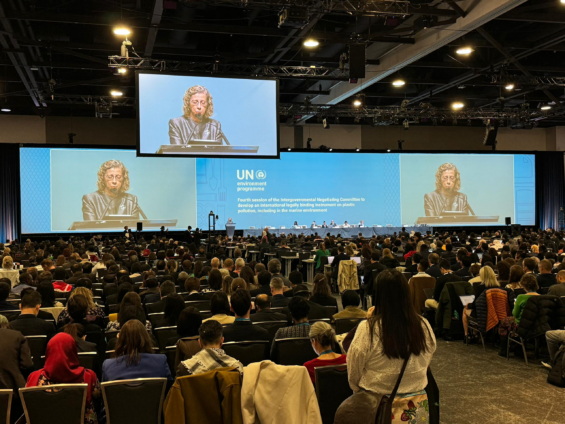The whole world is currently gathered in the second-largest country, Canada with a common goal. The focus of the over a thousand diplomatic delegates including governmental, non-governmental, and interest groups such as the Green Africa Organisation (GAYO) from Ghana, is to brainstorm and make crucial inputs towards the promulgation of an international legally binding instrument on plastic pollution, including the marine environment.
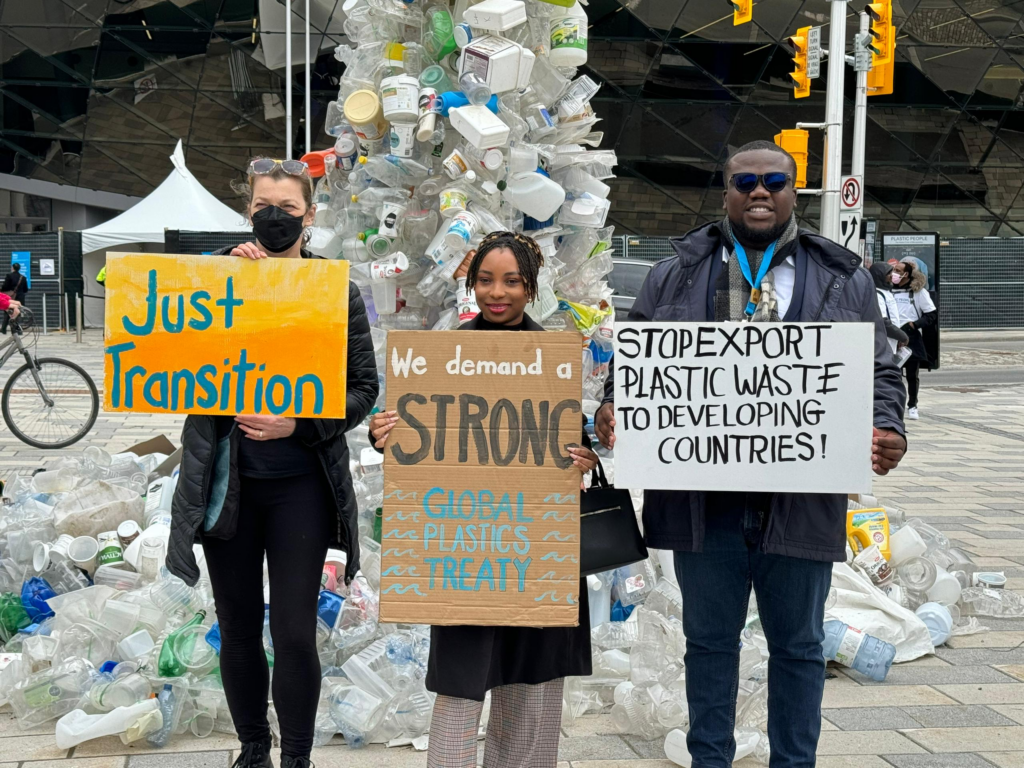
It has become a cause for concern as the plastic menace is taking over water bodies exposing human existence to a looming danger.
Globally, it is estimated by the International Union for Conservation of Nature that, out of the over 40 million tonnes of plastic waste generated annually, 80% goes into the sea thereby, threatening the existence of aquatic life.
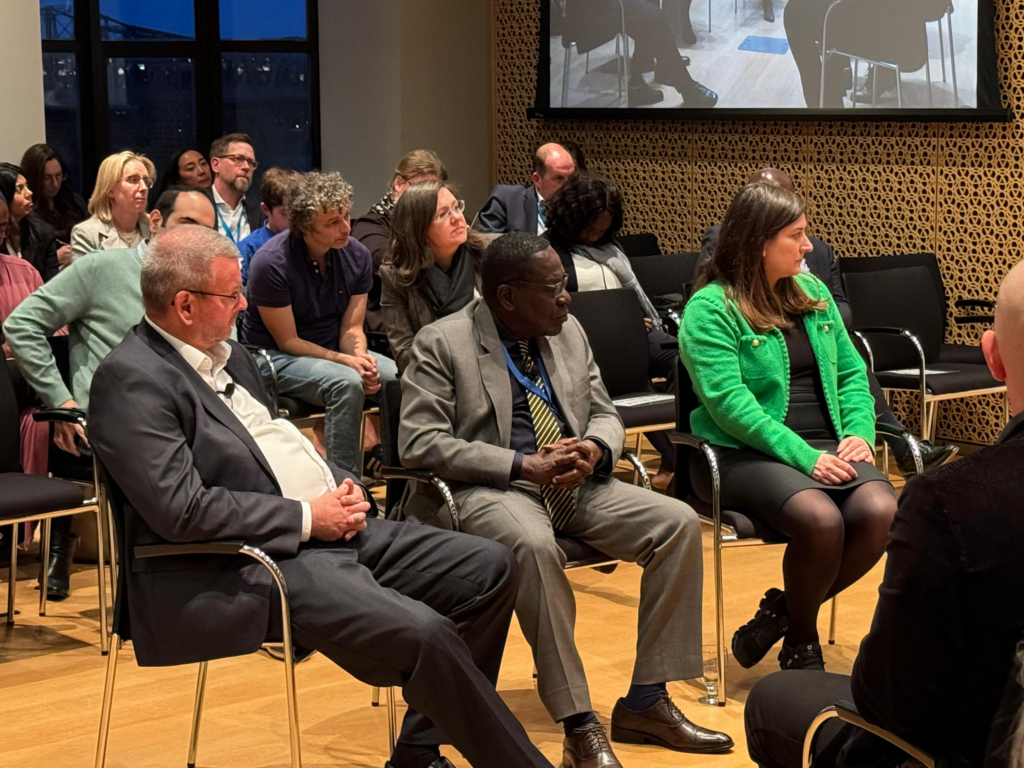
Currently, there’s no international legally binding instrument on plastic pollution leaving individual member states to fight the menace with local laws amid, pressure from powerful plastic-producing countries.
It is on the back of this growing concern that the United Nations Environment Program (UNEP) is holding a session of the Intergovernmental Negotiating Conference (INC) to develop an international legally binding instrument on plastic pollution, including in the marine environment.
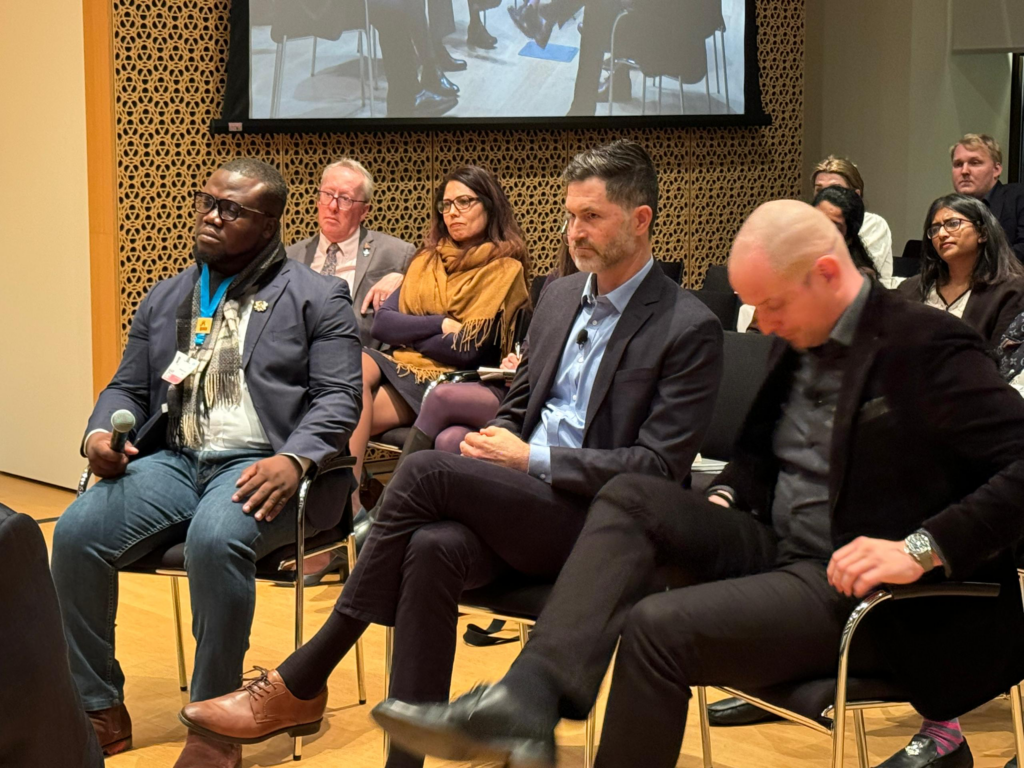
This is the fourth session of the INC as previous conferences were held in Uruguay, Kenya, and now Ottawa, Canada. The objective of this instrument is to protect nature and its resources such as food and water, and ultimately people everywhere from plastic pollution.
The United Nations Secretariat is keenly concerned about the commitments and the limited time available to firm up negotiations in producing the document for a treaty to be signed by all member countries after the next INC-5 scheduled for next year.
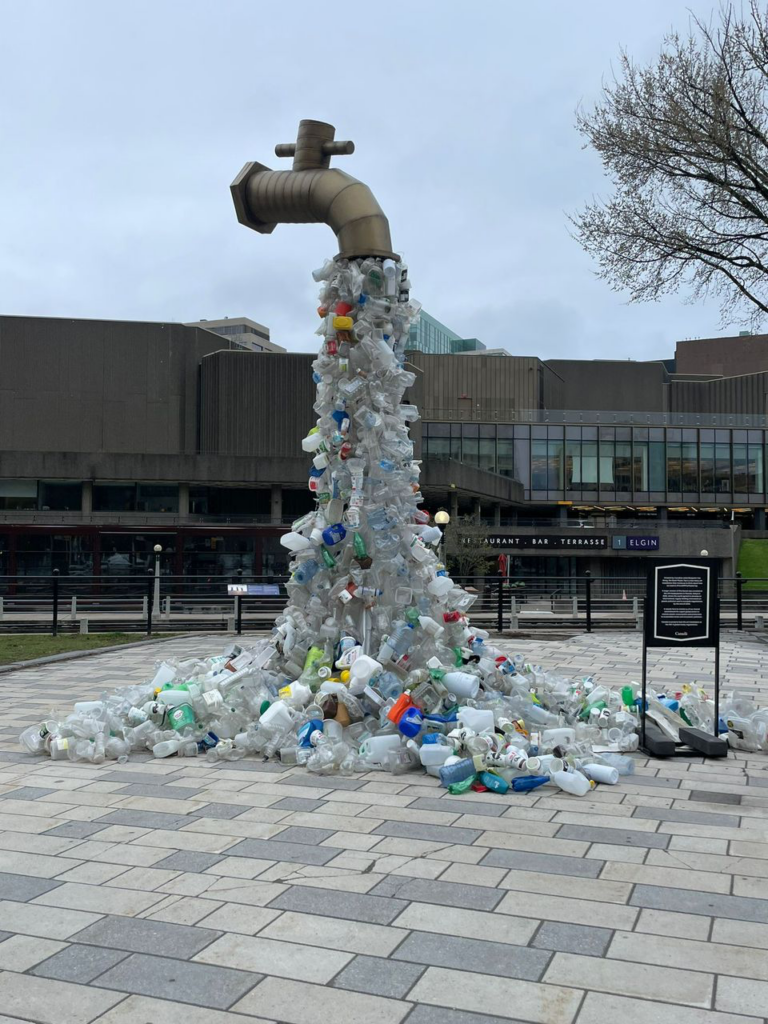
In her address at the opening ceremony of the fourth INC session in Ottawa at the Shaw Center, Executive Director of the United Nations Environmental Programme, Inger Andersen’s greatest concern was about the future of the world if continuous use of plastic is not regulated.
According to the Executive Secretary, the convenience of our throw-away society has led to environmental catastrophe, with plastic flooding drains, blocking rivers, choking oceans, and even entering our bodies, a model that she said cannot continue.
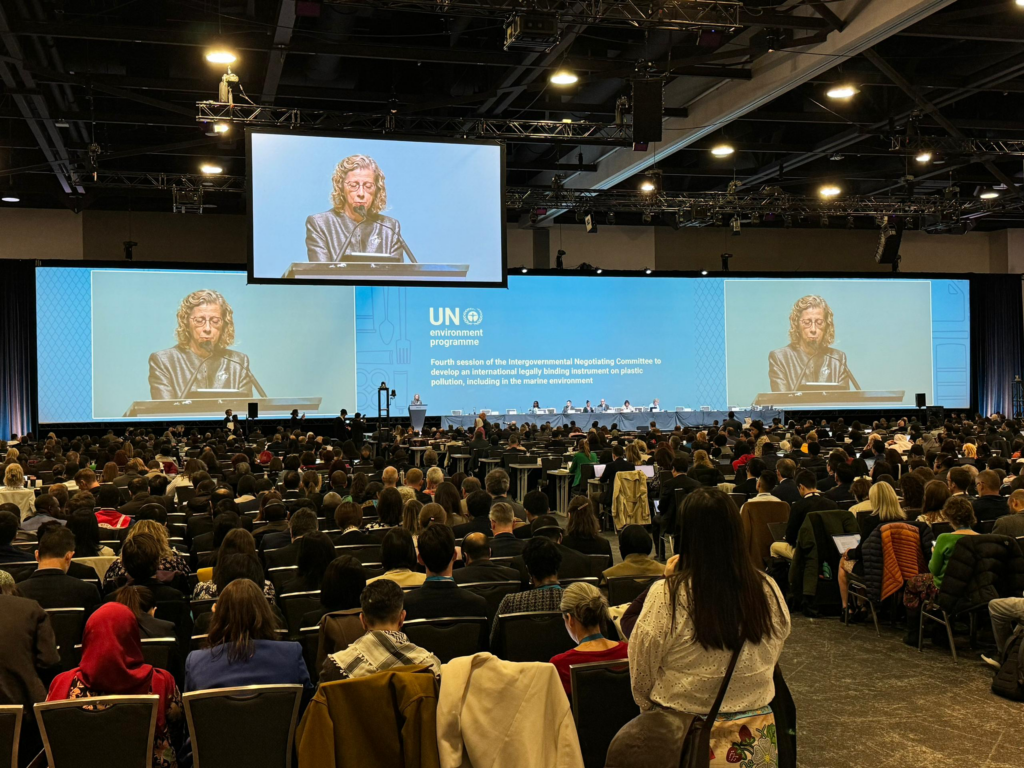
She opines that while, plastic is essential and will remain so for various applications like transportation, construction, and appliances, everyone must be intentional about its usage as some single-use plastics are already banned in many regions.
Her speech further stressed that there is the need to establish clear, measurable, and time-bound targets to eliminate unnecessary single-use, short-lived, and problematic plastics while redesigning products with circularity in mind which includes implementing extended producer responsibility schemes with strong incentives for businesses.
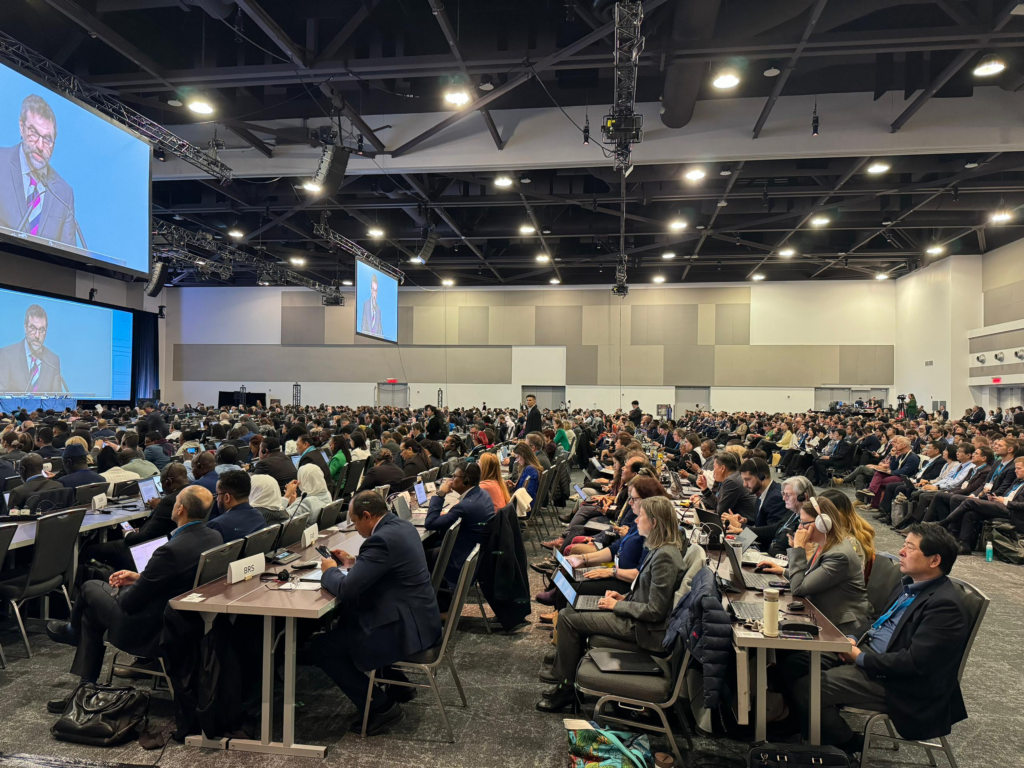
Inger however, indicated that “the material plastic was an important invention. And we will continue to need this material. But we need to be deliberate about where and how we use it. This material will help us build lighter and more fuel-efficient zero-emission cars, ships and planes. It is a critical ingredient in construction and electrical appliances. In the construction of windmills. And so much more.
But we have come to understand that we must rethink how we produce and use plastics. Some single-use plastics have already been banned in many places. Two years ago, nations passed the historic UN Environment Assembly resolution that agreed to start negotiations for a legally binding instrument on plastic pollution. Now we stand here today, on the eve of one of the fourth negotiating sessions on this instrument.”
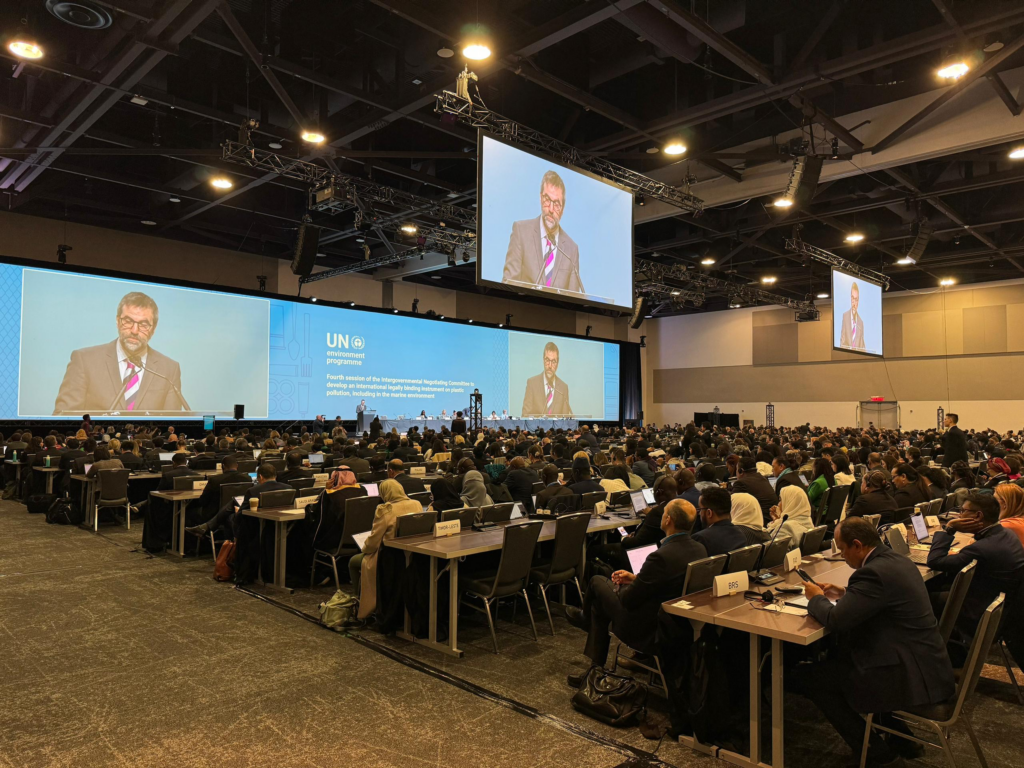
She added “It took a global village to bring us to this point. Governments, yes, but also the scientists who talk about the impacts of plastic pollution. Civil society groups, including representatives of indigenous peoples, see and feel the problems more than most. Waste pickers who bring value to the material again and again. The youth reject the ways of the past and bring solutions for the present and the future. The private sector players have held up their hands and said, yes, we must and we will change how we do business.
And it will take everyone to get the job done, starting with a strong outcome from INC-4 that moves us closer to an instrument that addresses the full life cycle of plastics. An instrument that ensures that we eliminate the unnecessary single-use and short-lived; that we roll out refill and reuse models; and that we produce less problematic plastic”.
On the part of INC’s Executive Secretary, Jyoti Mathur-Filipp, multiple polls have shown that the public is heartsick about plastic pollution. Civil society, including indigenous peoples, scientists, waste pickers, women’s groups, and local communities have spoken loud and clear against plastic pollution. And as businesses are innovating with new products and asking for clear long-term global rules the finance sector wants to get behind this opportunity.
She revealed that 160 financial institutions representing US$15.5 trillion in assets last week signed the Finance Statement on Plastic Pollution, supported by the UNEP Finance Initiative.
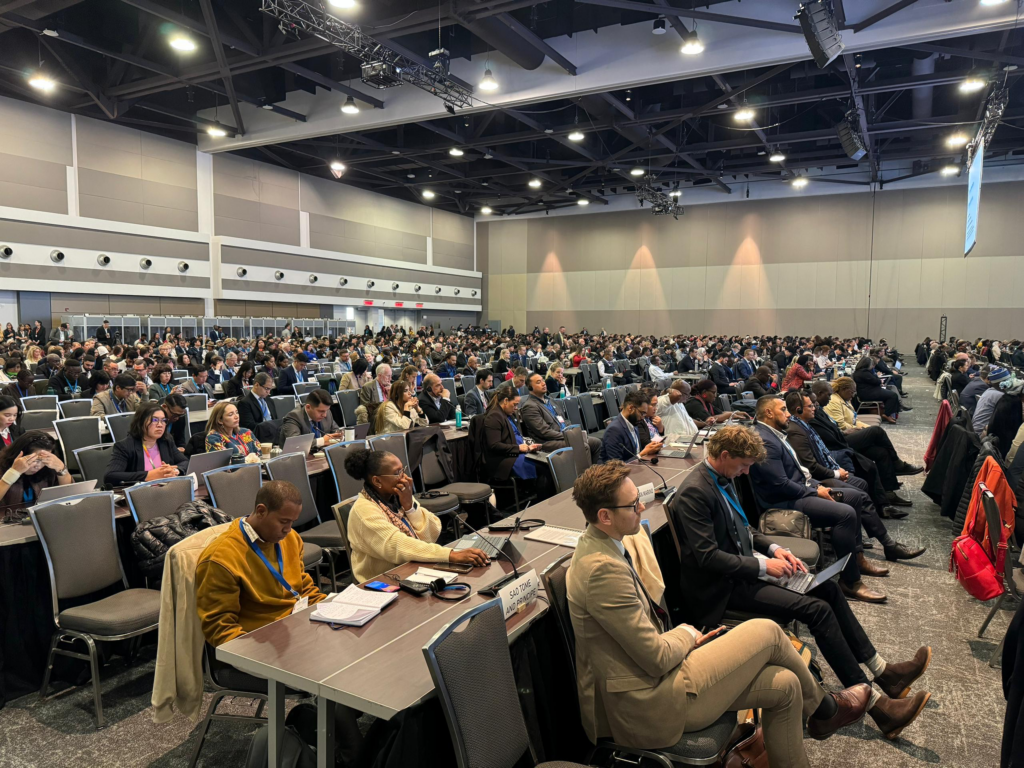
She concluded her remarks by stating “Everyone wants this deal. So, INC-4 must take a huge stride towards delivering. By narrowing the options of the draft text. By making tough decisions. By finding a compromise. By agreeing on a mandate for intersessional work, so that, at INC-5 in Busan this November, we can and will finalize an instrument that sets the stage to end plastic pollution.
We can be proud of what we have achieved. But a job half-done is a job not done. Time is against us – both in terms of finalising the instrument and how much more the planet can take. As we deliberate, plastic pollution continues to gush into ecosystems. So, I ask for INC-4 to show energy, commitment, collaboration, and ambition. To make progress. And to set the stage for INC-5 to finalize an instrument that will end plastic pollution, once and for all.”
Meanwhile, the African Group of Negotiators has outlined their priorities and areas of convergence, emphasizing high ambition in several key areas: addressing chemicals and polymers of concern, tackling the most problematic and avoidable plastics, extending the scope of action to end plastic pollution beyond marine environments, addressing the health impacts of plastics, ensuring a just transition for all stakeholders along the value chain, establishing a dedicated multilateral fund, mandating clear intercessional work including common definitions and dedicated programs, establishing a Legal Drafting Group with proposed leadership, and negotiating for globally binding provisions
The High Ambition Countries include, Senegal, Rwanda, Ghana, Kenya, Angola, Cameroon, and Nigeria and negotiations are still ongoing at the group stages and expected to end on 29th April 2024.
Latest Stories
-
Trump signs executive order extending tariff deadline to August 1
43 minutes -
Midweek misery to Friday freedom: A personal journey through Ghana’s new holiday reform
48 minutes -
We’re streamlining the galamsey fight, too many are running helter skelter – Mahama
50 minutes -
Mahama attributes cedi stability to reforms in gold trading sector
1 hour -
Police arrest key suspect in motorbike theft ring in Accra
1 hour -
Journalists urged to drive urban health awareness through data-driven, science-based storytelling
2 hours -
KNUST Optometry 8th White Coat Ceremony tackles refractive error setbacks to improve access
2 hours -
I’m devastated – Akufo-Addo mourns Akwatia MP Ernest Kumi
3 hours -
IMF Executive Board approves $370m disbursement for Ghana
3 hours -
Castel Group acquires GGBL
3 hours -
Mr. President, your Six-Pillar 24H+ Economic Policy is shaky
3 hours -
T-bills auction: Undersubscription to continue in coming weeks; government misses June 2025 target by 19%
3 hours -
FUND24, the weakest pillar of Ghana’s 24H+ economy: APL cautions President Mahama
3 hours -
Ghana’s tourism picks up in 2024, but cost still a big issue
3 hours -
EKAJ Educational Fund partners UCC to train local artisans to improve standards
3 hours

